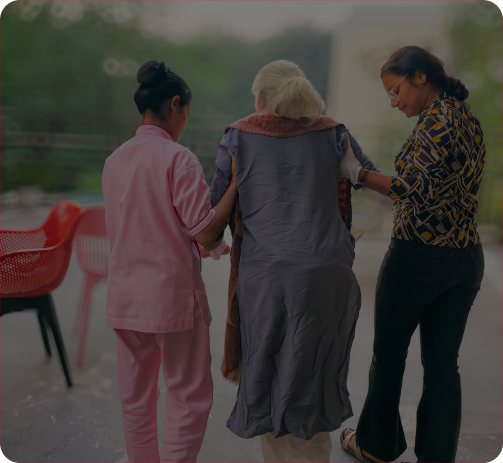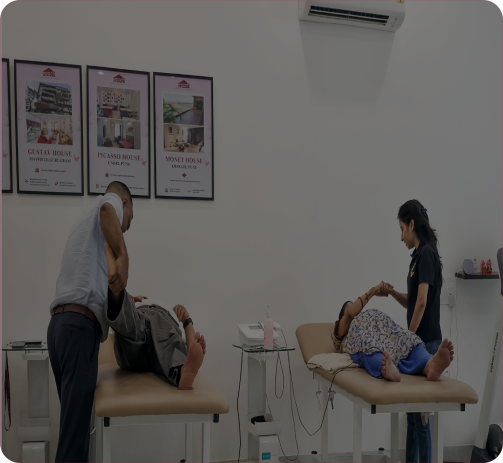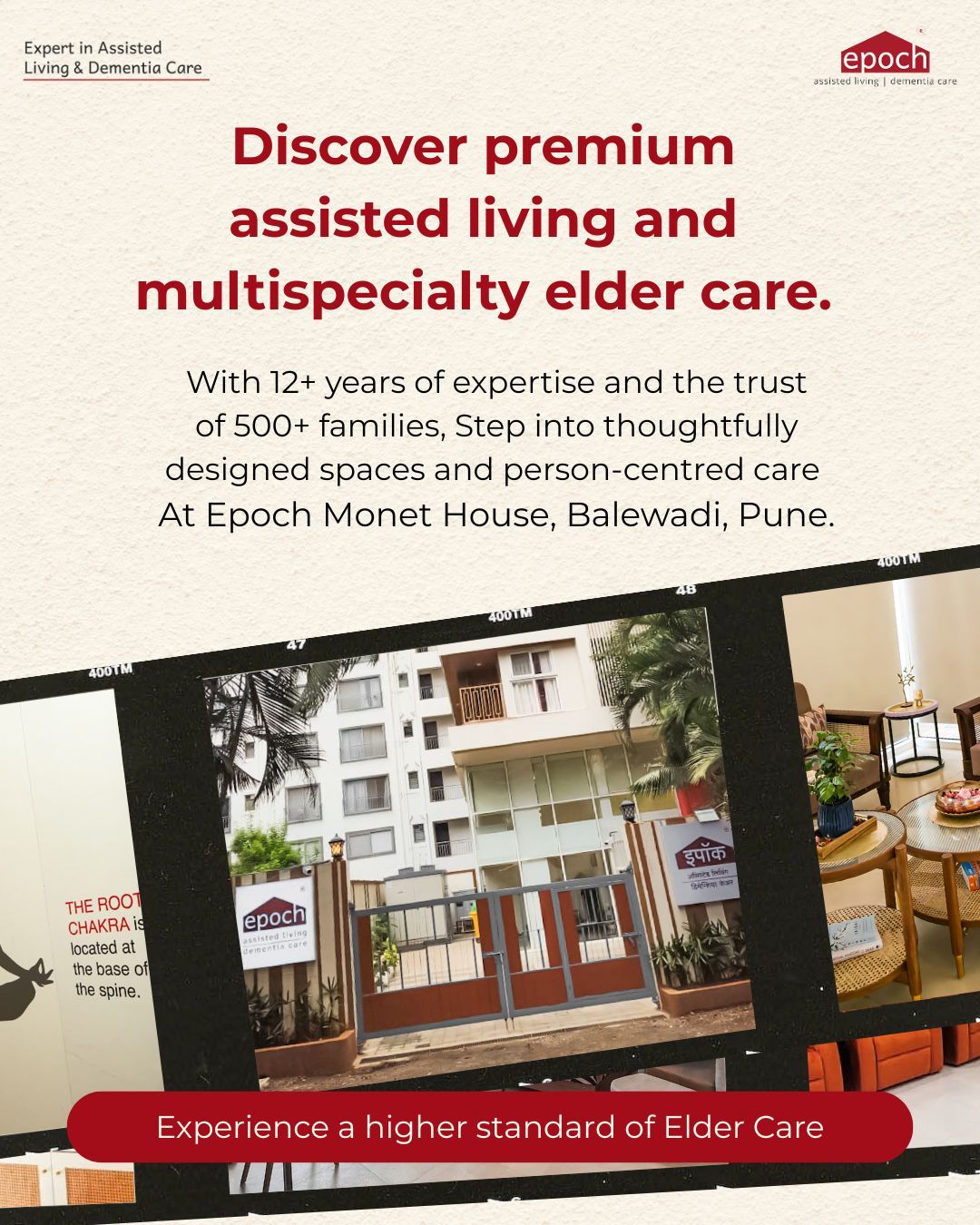A stroke occurs when the blood flow to a part of the brain is stopped due to fragmented blood vessels or blood clots.
India is observing an increase in people with stroke and is now ranking as the fourth leading cause of death and the fifth leading cause of disability. As per studies, the incidence of stroke in India suggests that out of 1,00,000 population, 105-152 people suffer from stroke annually. However, due to a lack of uniformity in research methods and sources available the data is yet to be validated.
The various type of strokes are:
- Ischemic stroke
- Hemorrhagic stroke
- Transient ischemic attack (Mini stroke)
Signs and symptoms of stroke:
- Trouble speaking and understanding what others are saying
- Paralysis or numbness of arm, leg, or face
- Problem in vision
- Headache
- Trouble walking
- Dizziness
A FAST test is a tool that can be used to check for the most common symptoms of stroke by yourself:
Face: Smile and see if one side of the face drops.
Arms: Raise both arms. Does one arm drop down?
Speech: Say a short phrase and check for slurred or strange speech.
Time: If the answer to any of these is yes, call 102 right away and write down the time when symptoms started.
If the person who suffered a stroke gets the thrombolytic therapy treatment within three hours of suffering, there is a possibility of breaking the clot. This can significantly reduce the chances of negative long-term disabilities in the person.
The rehabilitation process begins after doctors have assessed and treated any critical conditions in the person with stroke and taken precautionary steps to prevent additional complications. This means rehabilitation begins from the time a person is first admitted to the hospital. The sooner the admission the more is the likelihood of recovering damaged body and brain function.
At Epoch, we have been caring for elders post stroke for many years now. The post-stroke care plays a very important role in the recovery of the elders. We plan the stages of recuperation to help the elder reclaim their independence and get back to normalcy. During the recovery phase from a stroke, both the elderly and their family members must understand that the process is slow and uncertain. This is because the severity of the stroke can vary, and doctors, nurses, and therapists can only estimate the response of each person based on the location of the stroke.
The few problems associated with a stroke that the elders or any person with stroke can face:
- Hemiplegia ( paralysis of one part of the body) or quadriplegia ( paralysis from the neck down including trunk, legs, and arms)
- Psychological impact: Depression and anxiety
- Swallowing problems
- Cognitive impairment
- Communication problems
- Visual problems
- Difficulty with bladder and bowel control
- Mobility issues
Post-stroke care plan: Being in this field for the last many years, we understand that a post-stroke care plan has its own relevance. After leaving the hospital, the elders will either go to a nursing facility, inpatient rehabilitation center or straight back to their home. The first three months of recovery are when an elder will see the most improvement, and gains may happen rapidly over time. Some stroke survivors will continue to improve after this period, however, if the brain stem got affected during the stroke recovery, it could take up to a year or even longer. We have observed that the majority of improvements happen within the first six months of the initial stroke. A stroke survivor’s ability to improve during this period relies on their individual effort and the support of the caregiver, specialists, nurses, and family. Medication management is very important to be continued as suggested by the Neurologist. During their stay at Epoch for rehabilitation, we take residents to the hospital for regular reviews to understand & know the progress from specialists.
At Epoch, we provide support to a person with a stroke in multiple effective ways such as by providing a conducive environment, access to specialists, trained caregivers, nursing care, and lots of encouragement, support, and empathy. The carer can help the person to do their physiotherapy in between their sessions with the physiotherapist. Importantly, they need constant emotional support and reassurance that their condition will improve with time. They should be supported with needs they may have like speaking if they have communication problems. Caring for someone after they have had a stroke can be complex & frustrating at times. The family needs to understand and be prepared for changes in behaviour due to certain cognitive and psychological impacts. The carer needs to remain calm and positive, and that is what we train them. Rehabilitation can be a slow and tiring process and there will be times when it seems as little progress has been made. Encouraging and praising any progress no matter how small it is can help someone suffering from a stroke achieve long-term goals.
While every stroke survivor has a different and challenging path, this timeline covers the major milestones that they can expect during the recovery process. It is important to realize that it will take constant and consistent work and relearning, as well as adjustments and help from family and friends, for stroke patients to successfully recover.












